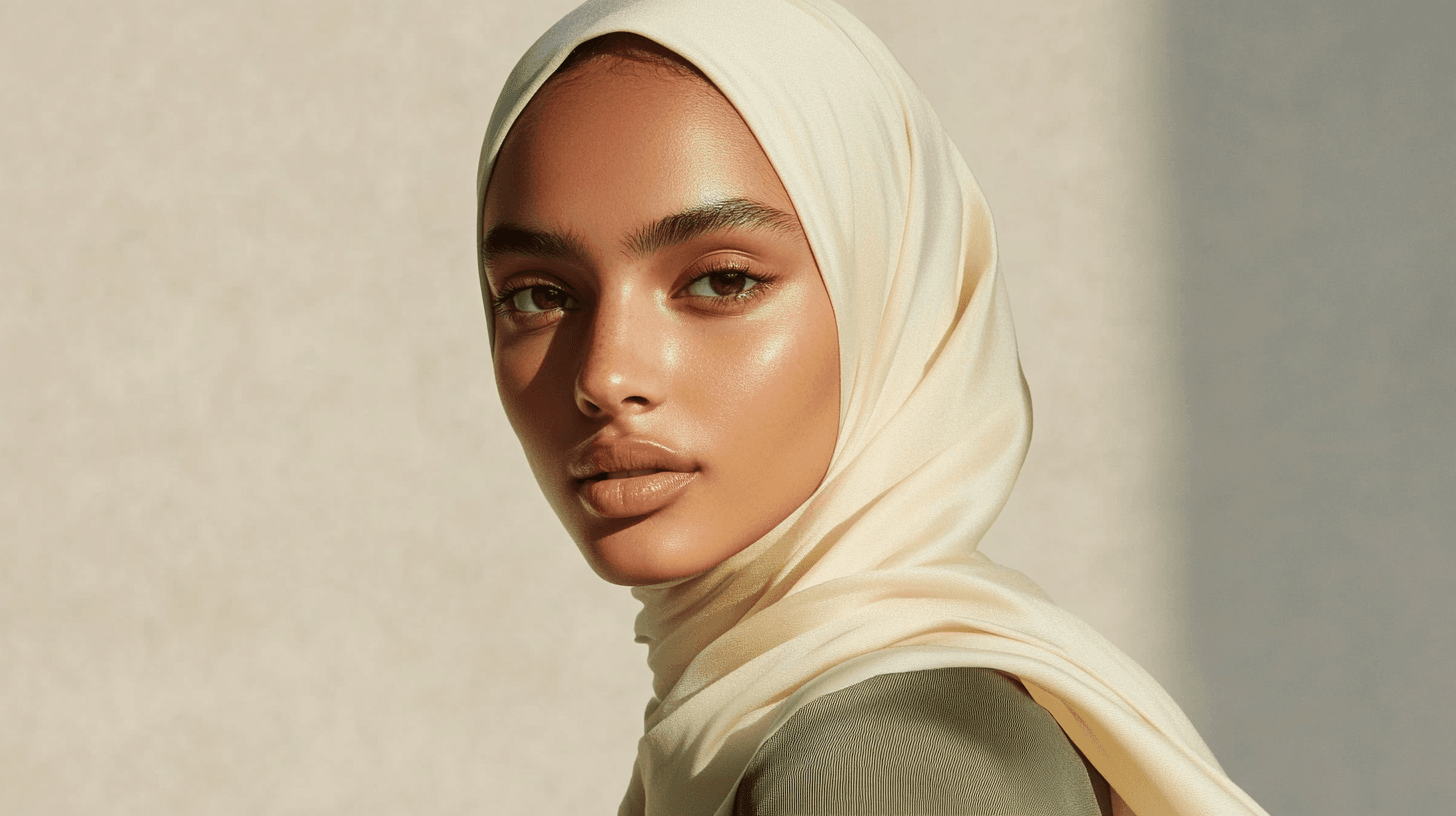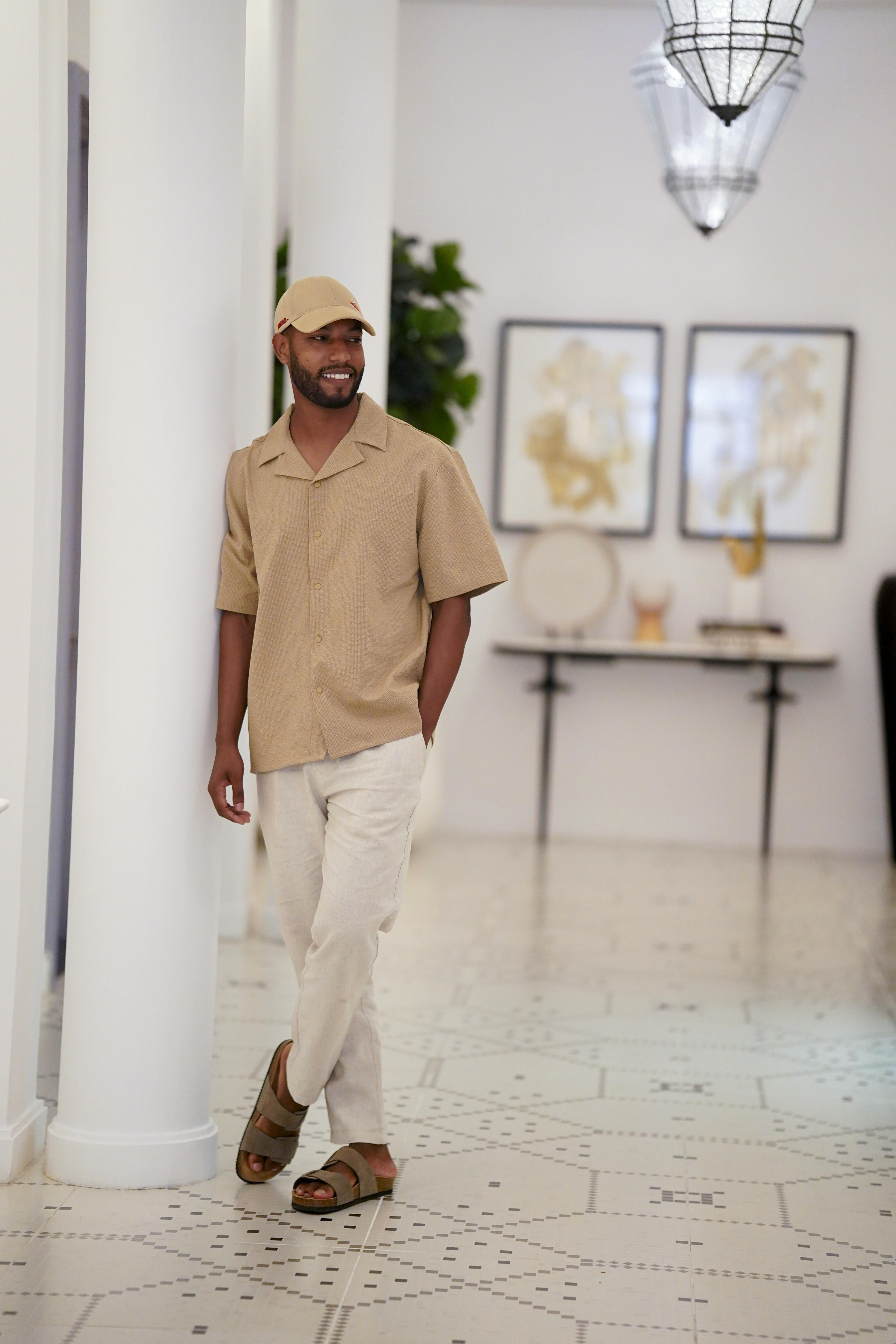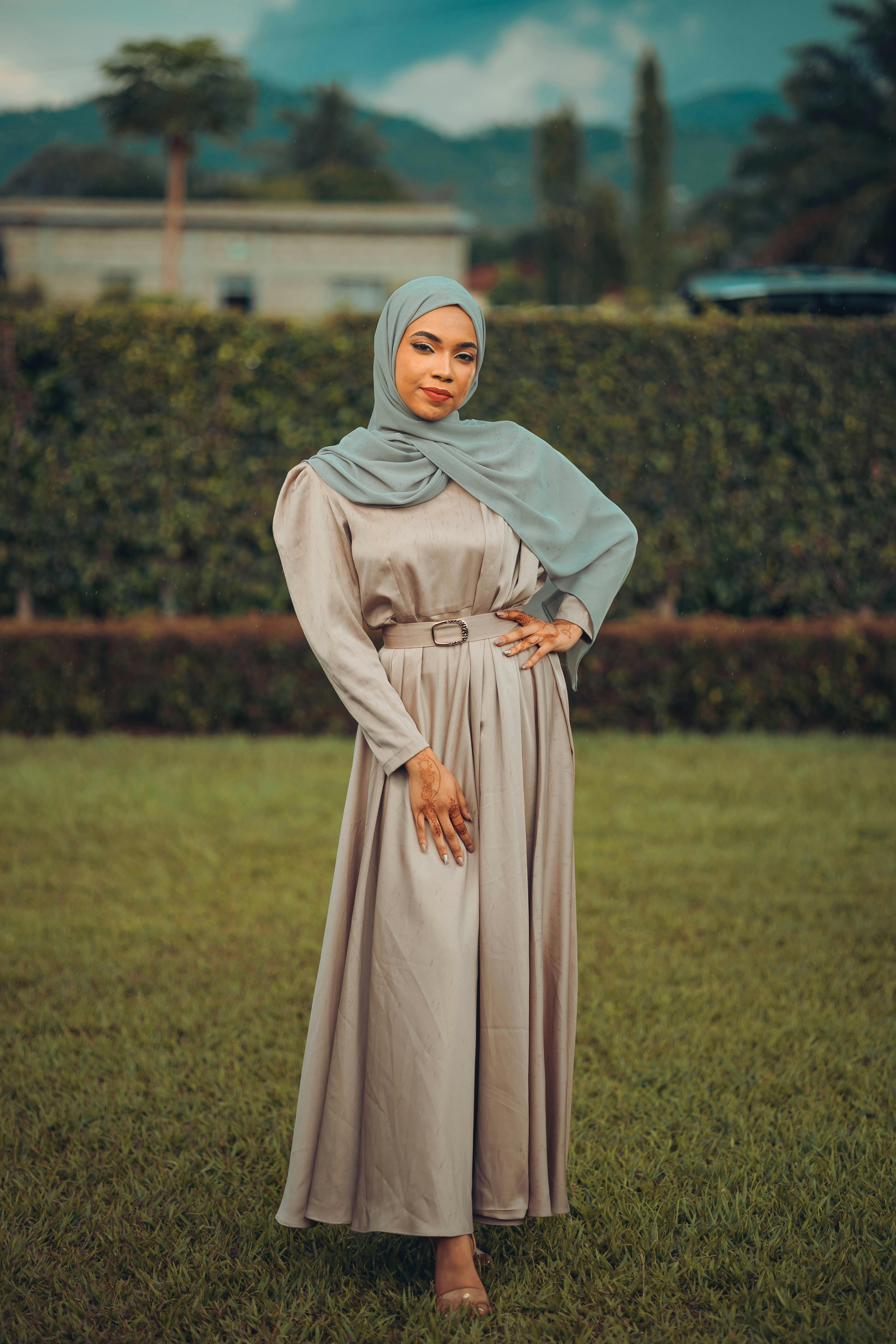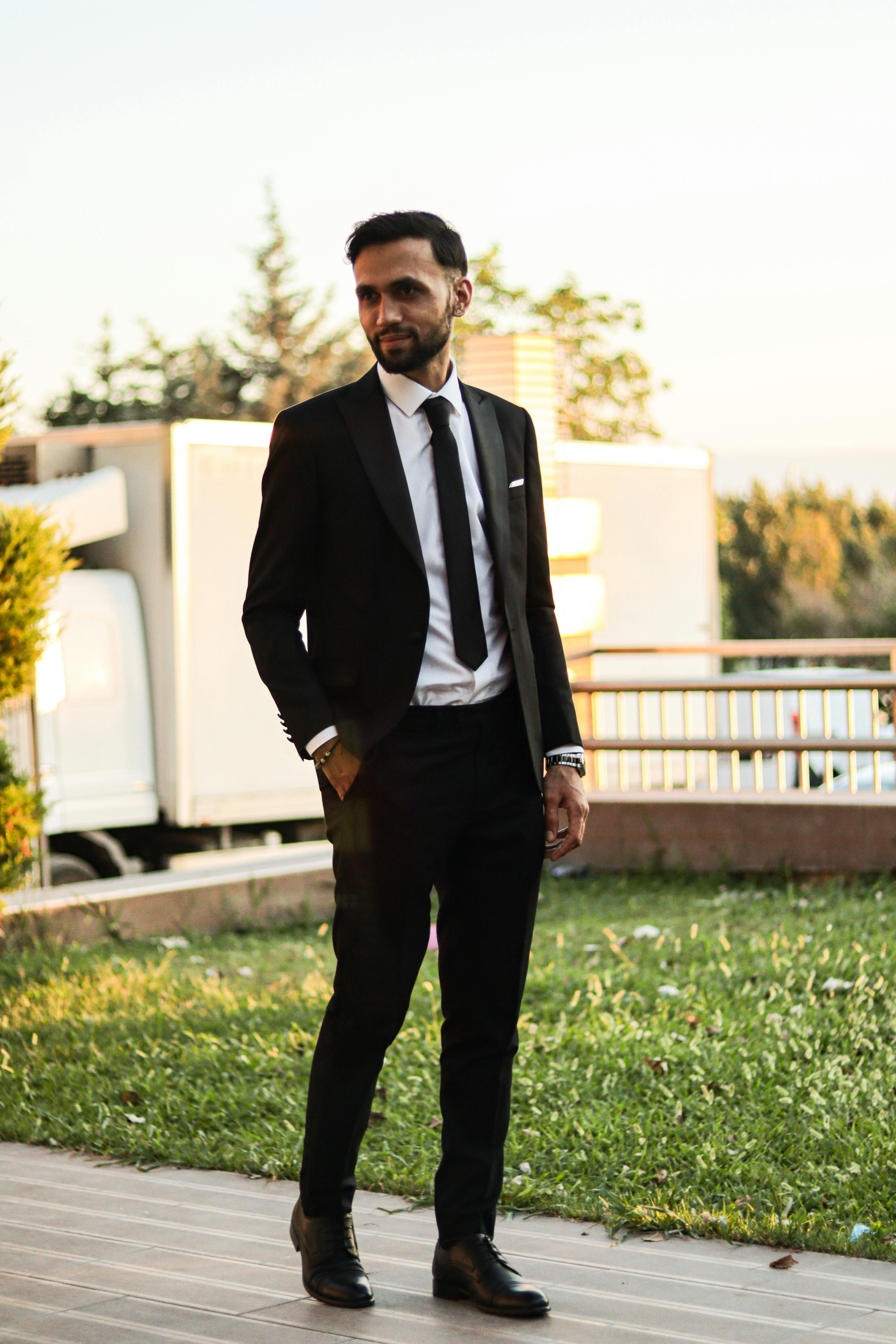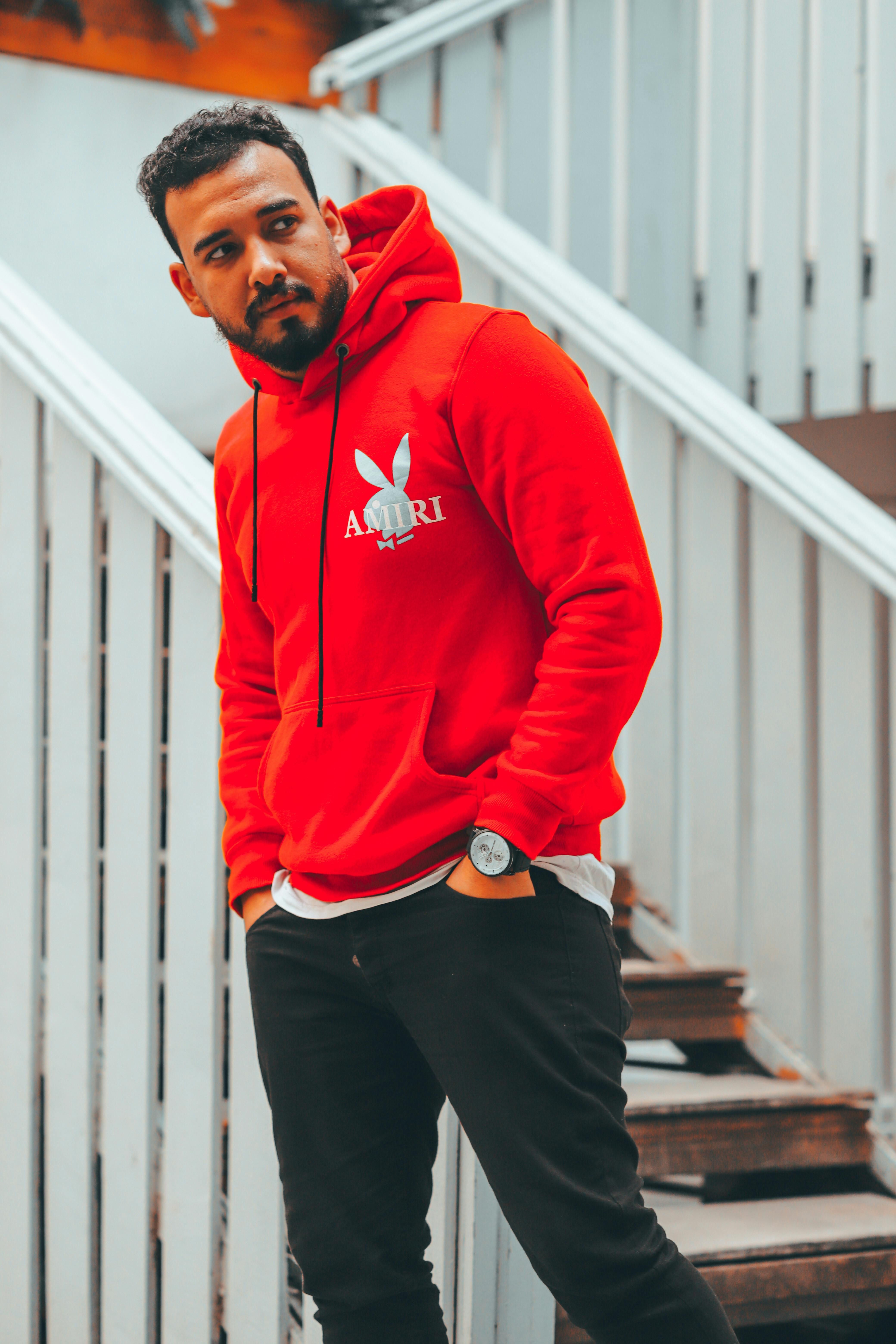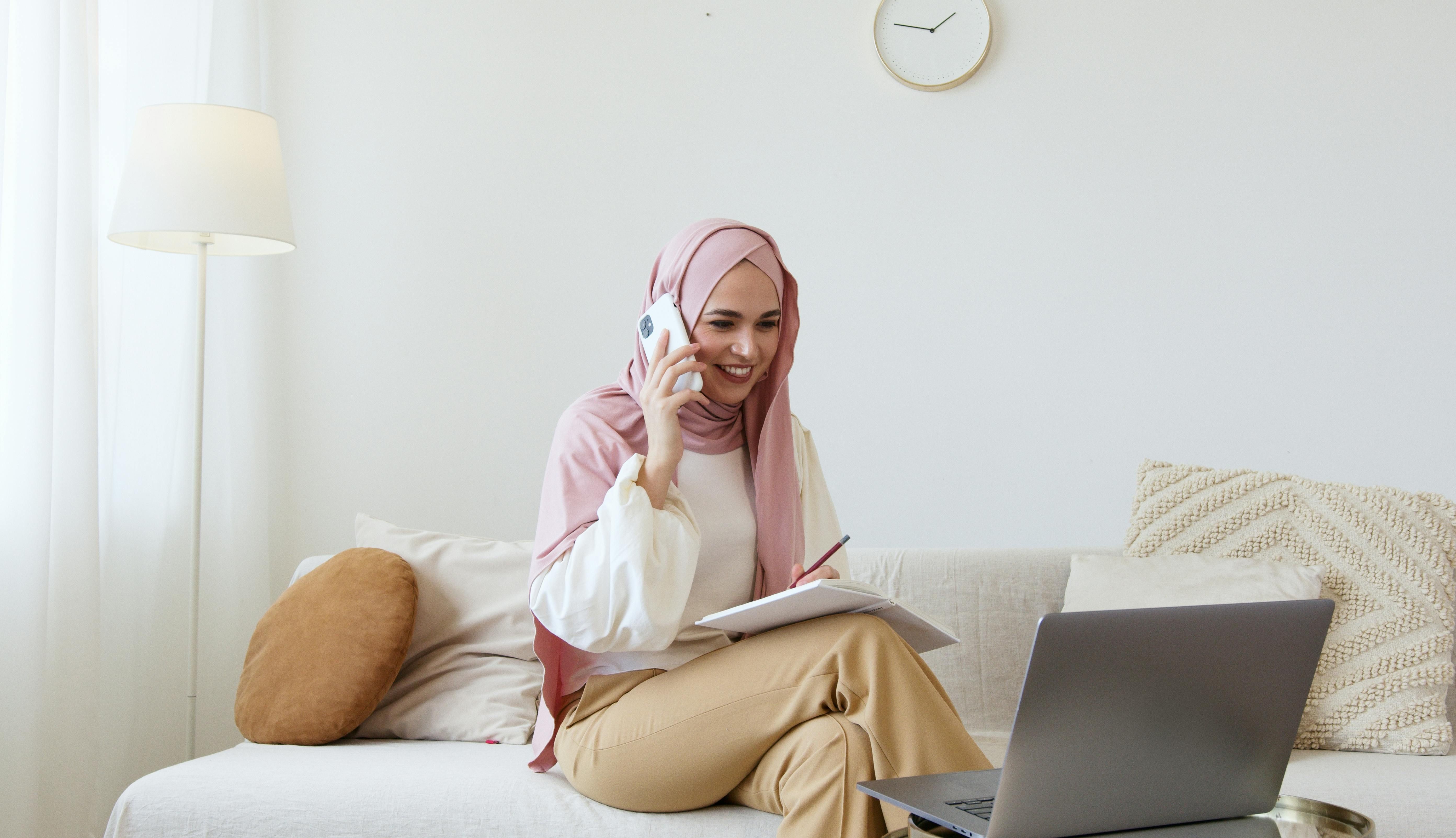Have you ever wondered why you feel unstoppable in a perfectly tailored blazer or more creative in your favorite cozy sweater? And why does a simple outfit change the way you walk into a room?Studies confirm that your outfit isn’t just fabric —it’s a cheat code for how you think, feel, and even act.
In this article, we explore the fascinating connection between fashion and psychology, shedding light on how the clothes we wear can transform our mindsets, boost our moods, and even make people see us differently. Ready to dive into the world where style meets the mind? Let’s begin!
How Your Wardrobe Can Boost Your Brainpower: The Science of Enclothed Cognition
Did you know that what you wear can actually change the way you think? It’s called enclothed cognition, and it’s backed by science. A famous study showed that when people wore a white lab coat, they performed better on tasks that required focus—just by associating the coat with the intellectual role of a scientist. But when the same coat was described as a painter’s smock, the results weren’t the same. This proves that it’s not just about the clothes themselves—it’s about the power of meaning and how what you wear can boost your mindset and performance.
“Clothes can have profound and systematic psychological and behavioural consequences for their wearers”
— Adam, Hajo, "Enclothed cognition." Journal of experimental social psychology
What Your Wardrobe Says About You ? The Hidden Messages Behind Your outfits Choices
The clothes you wear aren't just about comfort or fashion trends—they serve as a silent form of communication, telling the world who you are and what you're feeling. A tailored suit can convey confidence and professionalism, while a relaxed, casual outfit might suggest creativity and approachability. Every piece, from your favorite sneakers to that little black dress, is a clue to your personality, mood, and the image you want to project.
How Colors Speak: The Emotional Influence of What You Wear
The colors you wear do more than just complement your style—they have the power to influence how you feel and how others perceive you. Bright colors like yellow and orange can boost energy and creativity, making them ideal for days when you need a little extra motivation. On the other hand, blue and green are calming colors that promote relaxation and focus, making them perfect for a work environment. Red, known for its bold and attention-grabbing nature, can increase confidence and passion, while black is timeless, evoking sophistication and power. your color choices might also reflect your environment. In Algeria, the vibrant shades of traditional outfits like karakous or kaftans mirror the richness of our culture, while urbanites often lean into neutral palettes like beige and black for a modern, minimalist vibes.
"Fake It Until You Make It"—For Real
We’ve all heard it: dress for the job you want, not the one you have. But what if that advice is more than just a cliché? When you dress like the person you want to be, you’re not just signaling confidence to the world—you’re signaling it to yourself. Clothes can act as a bridge between who you are now and who you’re becoming.
Here’s how to make it work: start with intention. Are you trying to be more productive? Wear structured, professional pieces, even if you’re working from home. Want to feel more relaxed? Soft, flowing fabrics can help set the tone. The key is to align your outfit with the energy you want to embody. Over time, you won’t just be faking it—you’ll be living it.
The Power of First Impressions: How Your Clothes Influence Perception
Let’s face it: what you wear matters. Studies show that within seconds of meeting you, people judge your competence, trustworthiness, and status based on your appearance. While actions speak louder than clothes, your outfit sets the stage for how your ideas are received. Imagine walking into a meeting in a sharp blazer versus a wrinkled T-shirt—same person, different impression. It’s not about impressing others; it’s about giving yourself the best chance to shine.
“Although the saying goes that clothes do not make the man, our results suggest they do hold a strange power over their wearers”
— Adam, H., & Galinsky, A. D. (2012). Enclothed cognition. Journal of Experimental Social Psychology
Your Next Move: We Want to Hear from You!
Your journey to becoming the best version of yourself starts now, and we’re here to cheer you on. tomorrow morning, don’t just reach for the first thing in your closet. Think about the energy you want to bring to your day. Whether it’s bold and commanding or calm and grounded, your outfit can set the tone. Because the right clothes don’t just make you look good—they help you feel unstoppable.
What’s your power outfit? Drop a comment below and let us know how your clothes make you feel!
